Understanding Rule 88B of CGST Rules: Interest on Delayed Payment of GST
The Goods and Services Tax (GST), introduced in India on July 1, 2017, consolidated all forms of indirect taxes in a single basket. However, it did emerge with an inherent degree of recording complexity, mandatory compliance, and taxable income reporting; as can be seen with aspects such as interest prescribed for delays in payment. Rule 88B of the Central Goods and Services Tax (CGST) Rules, 2017 outlines information about prescribed interest payable with respect to an unpaid GST payment or wrong usage of Input Tax Credit (ITC). Rule 88B applies retrospectively from July 1, 2017, and forms part of the mandatory notification of the financial consequences of incorrect compliance, such that taxpayers are fully aware of what is legally required of them. If you are a business, understanding and being able to apply Rule 88B is very important, to avoid any possible punishment and remain compliant with the law.
In this article, we will consider the contents of Rule 88B, how to calculate the interest including the methods of calculation and prescribed exemptions. We will also provide helpful hints and guidance relating to how to be compliant in practice to ultimately help businesses navigate GST in India.
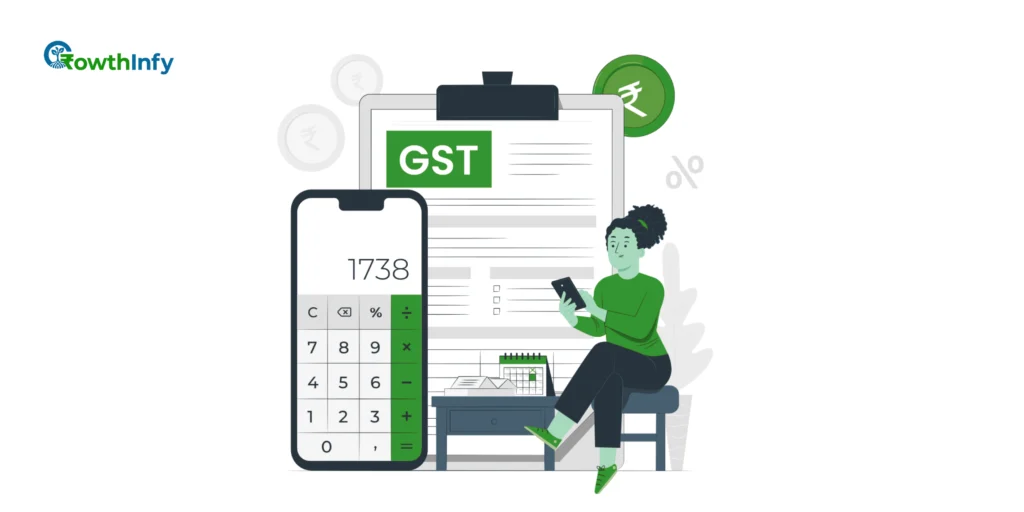
What is Rule 88B of CGST Rules?
Rule 88B, implemented in Notification No. 14/2022-Central Tax dated July 5, 2022, describes the process for computing interest on late GST payments and wrong utilizations of input tax credits (ITC). It will be read along with Section 50 of the CGST Act, 2017 which addresses interest liability. The intent of the Rule is to make interest compensatory rather than punitive and to look at real cash delays and wrong use of ITC.
The Rule applies to all taxable persons registered under GST including those applying to CGST, SGST or UTGST. In total, the Rule is designed to apply to three cases: (1) late filing of returns, (2) delayed payment of tax, or (3) wrong utilization of ITC to facilitate identification of interest to be claimed.
Key Provisions of Rule 88B
1.Interest on Late Filing of GST Returns (Rule 88B(1))
When the taxpayer files his GSTR-3B return after the due date but before any action has been taken under Sections 73, 74 or 74A, the interest is paid only on the amount paid through the Electronic Cash Ledger (ECL). There is no interest payable on the amount paid by credit against Input Tax Credit (ITC) or on any amounts already credited to the ECL up until the due date irrespective of when the return is actually filed. As per the Section 50(1), the interest rate is 18%.
Example: The company has a GST liability of ₹10 lakh for April 2025 – due on May 20, 2025. On the due date, the company had ₹5 lakh of cash in its ECL but filed the GSTR-3B return on July 3, 2025 (44 days late). The appropriate interest is calculated as follows: Interest = (₹5,00,000 x 18% x 44/365) = ₹10,849.32.
2.Interest on Delayed Tax Payments (Rule 88B(2))
Additionally, in cases of delayed tax payment due to non-payment or underpayment of tax, the actual unpaid tax amount will be charged interest for the entire unpaid amount from the date of due date until the date of payment. Interest is charged at 18 percent per annum, whether the payment is done by ECL or by ITC.
Example: If a taxpayer determines not to pay ₹2 lakh of GST by the due date and makes payment 30 days later, the amount of interest is:
Interest = (₹2,00,000 × 18% × 30/365) = ₹2,958.90.
3. Interest on Wrongly Availed ITC (Rule 88B(3))
Interest on ITC that is available and used incorrectly, will accrue interest from its date of utilization until its reversal or payment date. ITC is considered “utilized” when the ECL balance falls below that of the amount wrongly billed. The rate of interest is 18% per year, but previous provisions under Section 50(3) indicated 24% for specific instances, subject to amendments.
Example: A taxpayer incorrectly avails of ₹1,56,000 of IGST ITC in July 2018, and subsequently utilized it until December 2021. Assume that throughout the period from August 2018 to December 2021, the taxpayer utilized this incorrectly available ITC by the amount of ₹11,000 and the ECL balance fell below ₹1,56,000 by the amount of ₹11,000 when calculating the interest, the ₹11,000 is the amount used from the date of utilization until reversal.
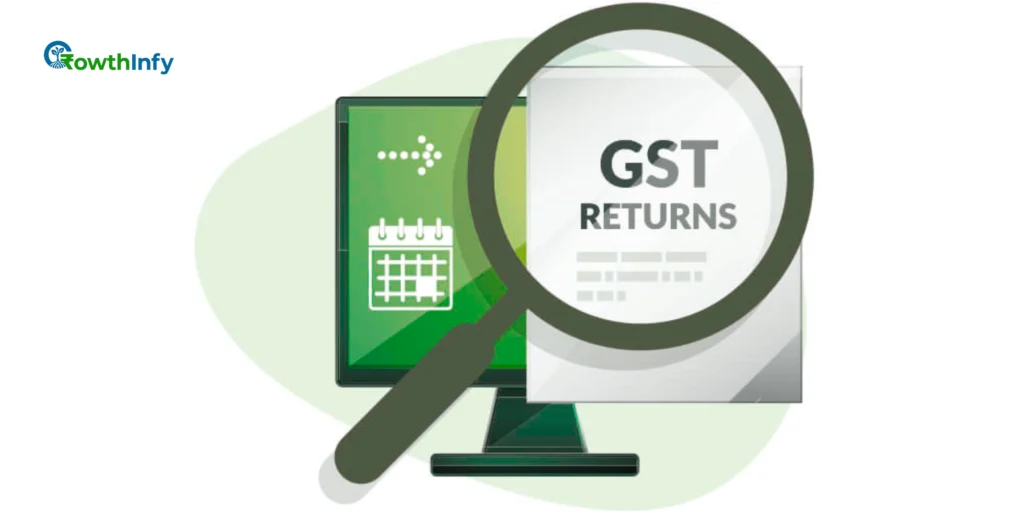
Scenarios Where Interest is Not Payable
Clause 88B of the provision provides relief in certain cases that lessen a taxpayer’s assessment:
- Tax credit in the Electronic ledger (ECL) – If the tax amount is credited in the ECL before the due date but the taxpayer files their return after the due date, the amount of tax credit will not accrue interest on that amount for the period preceding the filing, assuming it was not used prior to the filing.
- Unutilized ITC – No interest applies if ITC is wrongly availed by the taxpayer, and is unutilized, because the credit was not used by the taxpayer to offset their tax liabilities.
- Pre-proceeding – If the taxpayer files the return late by the due date, an interest charge under the provision shall only apply to the cash portion of the taxpayer’s payment, assuming that no proceedings under Sections 73, 74 or 74A followed the misfiled return.
These provisions are in keeping with the GST Council’s intent to have the compliance or adherence become less onerous, in order to have more taxpayers voluntarily comply.
Also Read: For more insights on GST Return, Read our blog on GST Return Filing Process.
Recent Amendments and GST Council Recommendations
The 53rd GST Council Meeting on June 22, 2024, recommended amendments to Rule 88B to clarify interest computations. The key components of the changes include:
- Interest relief for late filings: No interest is charged on amounts available in the ECL on the due date even if the amount is debited later, preserving the compensatory nature of interest.
- Inclusion of section 74A: During the discussion related to interest, the GST Council also added section 74A (cases of fraud or misrepresentation) to rule 88B so that when a taxpayer files returns post the initiation of proceedings u/s 74A, the interest is computed on the entire tax liability.
The updates effective Nov 1, 2024, suggest the government is serious about reducing litigation and providing taxpayers with a fair and predictable compliance framework.
Practical Tips for GST Compliance Under Rule 88B
Businesses should work to address their interest liability risks as follows in order to mitigate their risk of becoming liable for interest for non-timely filing and GST payments and indirect taxes, as mentioned in Rule 89(b):
- Timely deposits of ECL: Include a sufficient amount of ECL to fund your ECL liability before the due date to avoid accruing interest on late filings.
- Ensure eligible ITC claims: Confirm ITC is eligible before claims, avoiding undo availment and accruing interest later.
- Timely reconciliation: Reconcile your GSTR-2B and GSTR-3B HDR and variances as early as possible according to statutory timelines, avoiding late payment penalties.
- Use GST filing software: Use and rely on products for automated compliance filing taxes, and to adhere to interest.
- Monitor deadlines: Monitor deadlines; for instance, GSTR-3B for each month ending on the 20th day of the subsequent month (for monthly filers).
Ultimately, there are steps you can take to be proactive and unwind their risk of having interest liabilities on compliance and taxes.
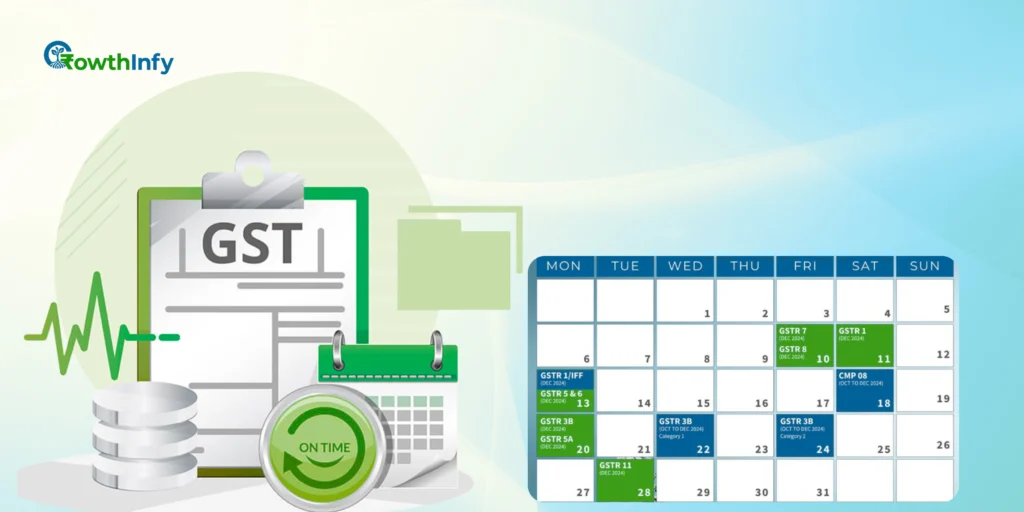
Judicial Interpretations and Controversies
Since its inception, Rule 88B has received scrutiny mainly in connection with its retrospective effect from July 1, 2017. In Refex Industries v. Assistant Commissioner, the Madras High Court had observed that no interest applies if sufficient credit is available in the credit ledger and added that Rule 88B had a compensatory effect. However, the retrospective restriction of interest relief for due dates and not for other delayed payments has raised objection as it restricts the relief and benefit for taxpayers. Taxpayers have sought clarification again on the fact that interest should only apply to the net cash liability and not the gross amount of liability, which led to the debate of interest apply because now ITC is available. The ongoing debate illustrates the need for clarity and certainty and less litigation.
Real-World Impact on Businesses
Rule 88B simplifies interest calculations for Indian businesses, particularly MSMEs, since refunds are based on actual cash delays. However, the following items remain obstacles:
- Cash Flow Management: Smaller enterprises have limited cash flow and may have difficulty depositing cash in their ECL accounts timely.
- ITC Reversal: Wrongfully availed ITCs — even made by mistake — could generate substantial interest liabilities as they are used.
- Compliance Costs: Incurring expense for a professional or even for an app in order to ensure compliance is just adds to operational expense.
Despite this, if businesses familiarize themselves with Rule 88B and apply the exemption wherever possible, it can help ease the cash drain and allow them to focus on growing their business.
Conclusion
Rule 88B of the CGST Rules serves as a pillar of GST compliance, checking the never-ending rule of the accrual basis of interest calculated when payments are delayed or wrongfully claimed ITC. In a few specified situations, it caps the interest to only the cash component and provides relief for amounts that are previously deposited. Thus Rule 88B is designed to promote the aspects of compliance, yet balance relief to the taxpayer. Businesses simply need to be astute, make sure they deposit any money in a timely manner, and check credits utilized when determining potential interest liabilities. Given recent amendments and the court observations, Rule 88B promotes a transparent, compensatory tax system.
Also Read : What Is Input Tax Credit (ITC) and How to Claim It?

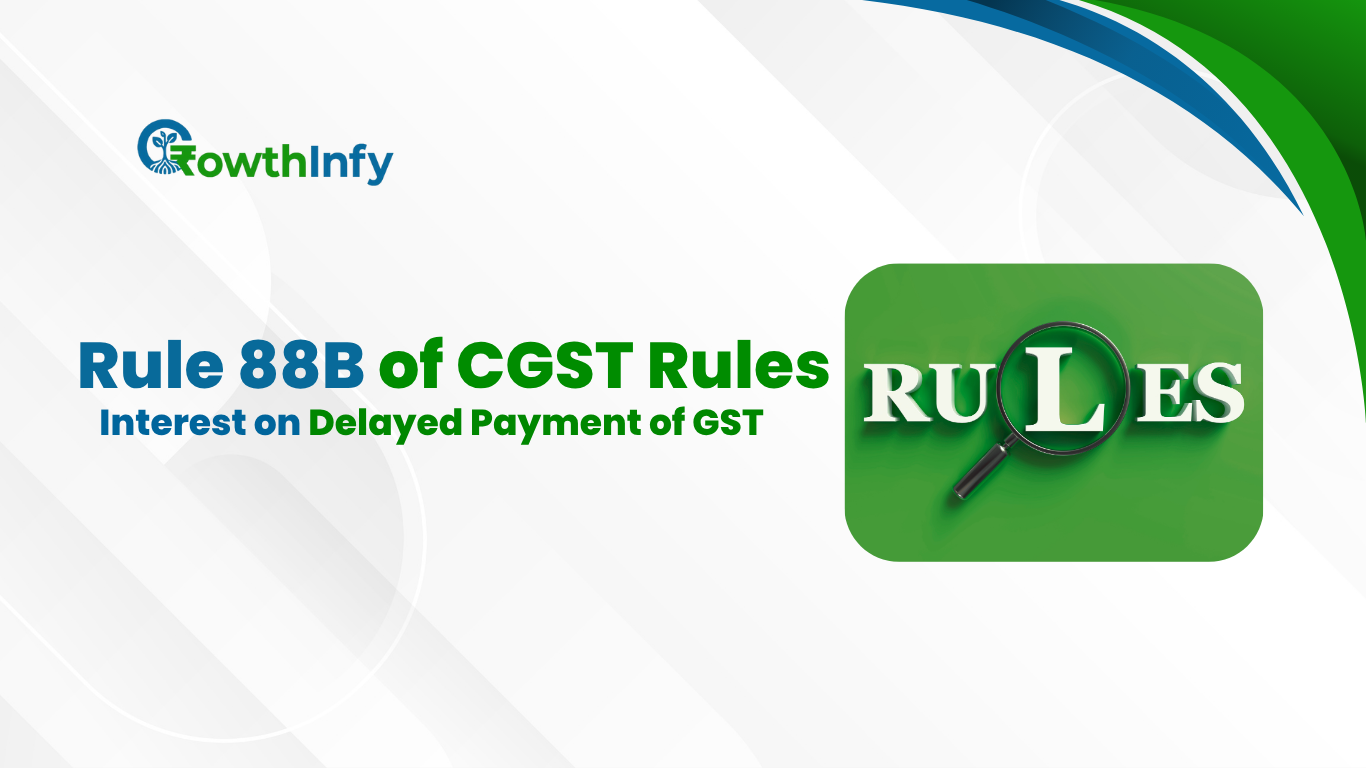
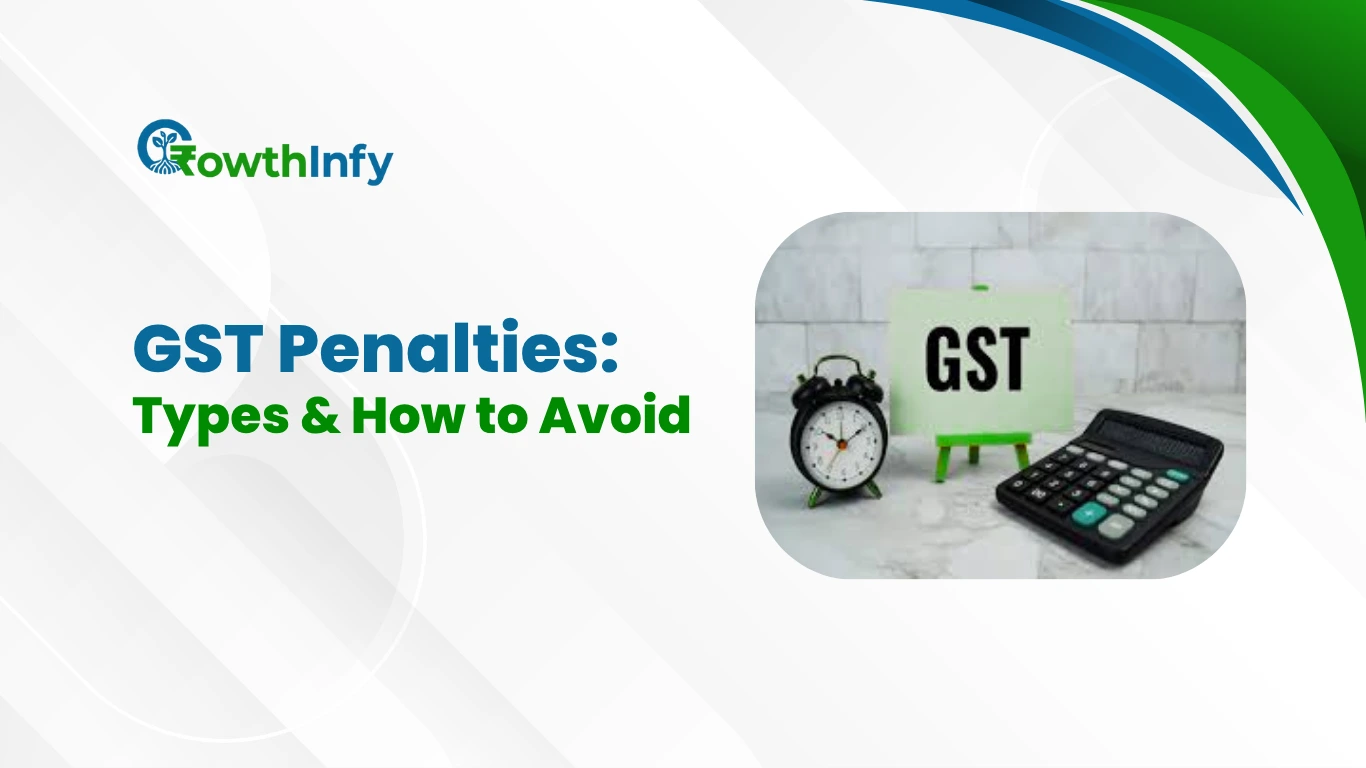

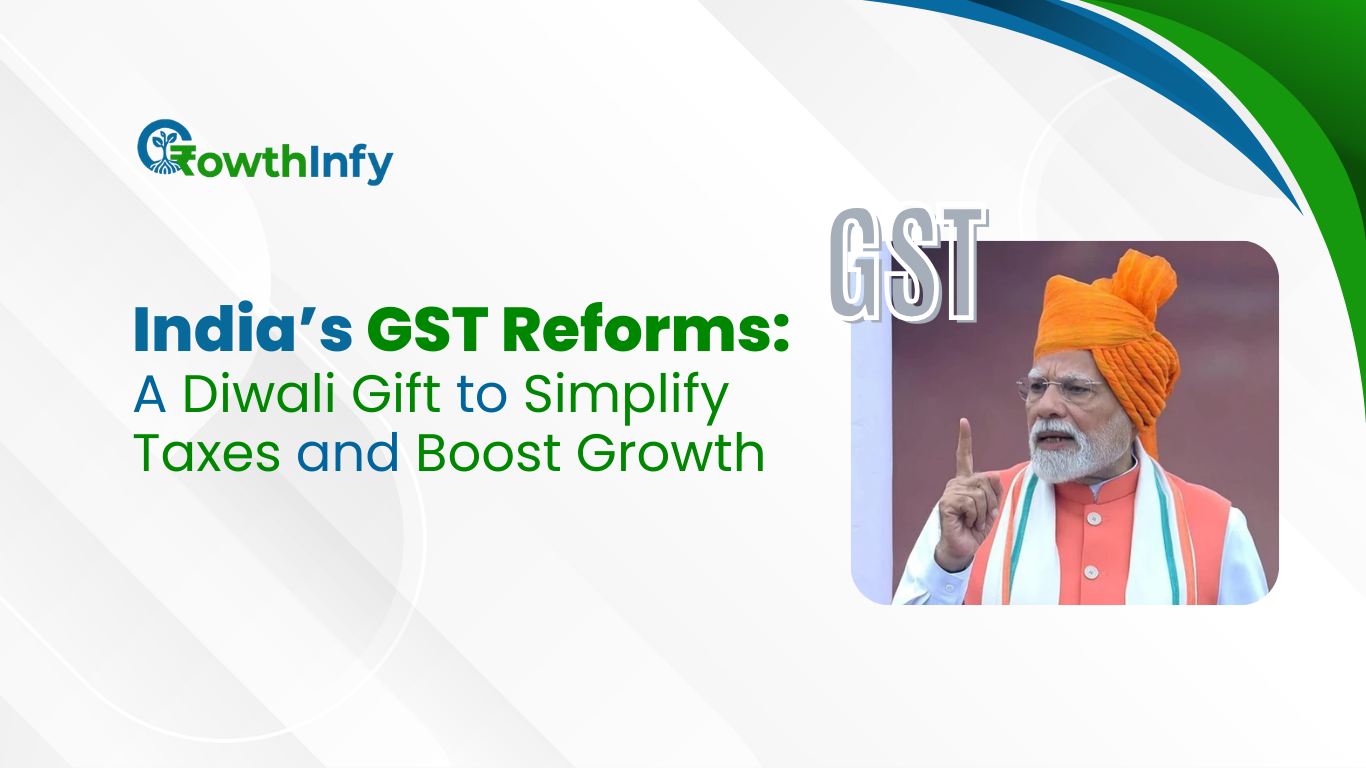
Pingback: GST in Hospitality Industry: Hotels & Restaurants in India - Growthinfy